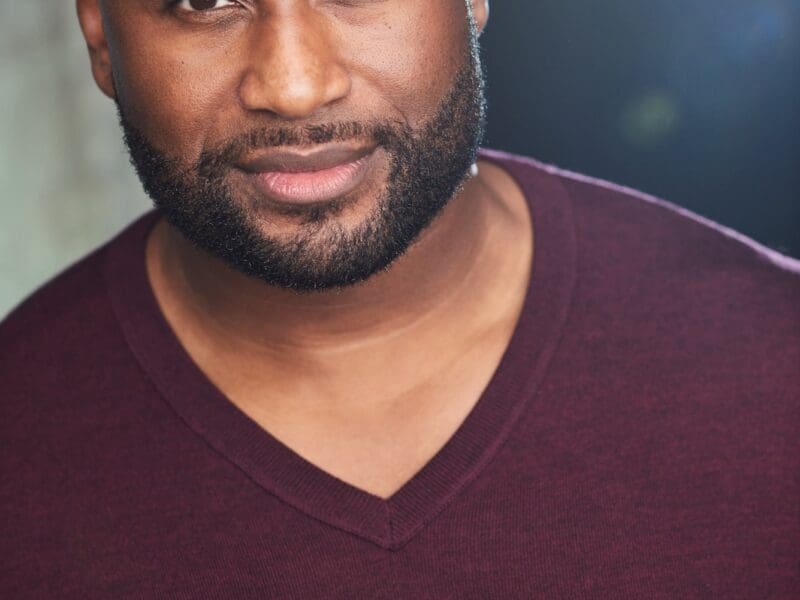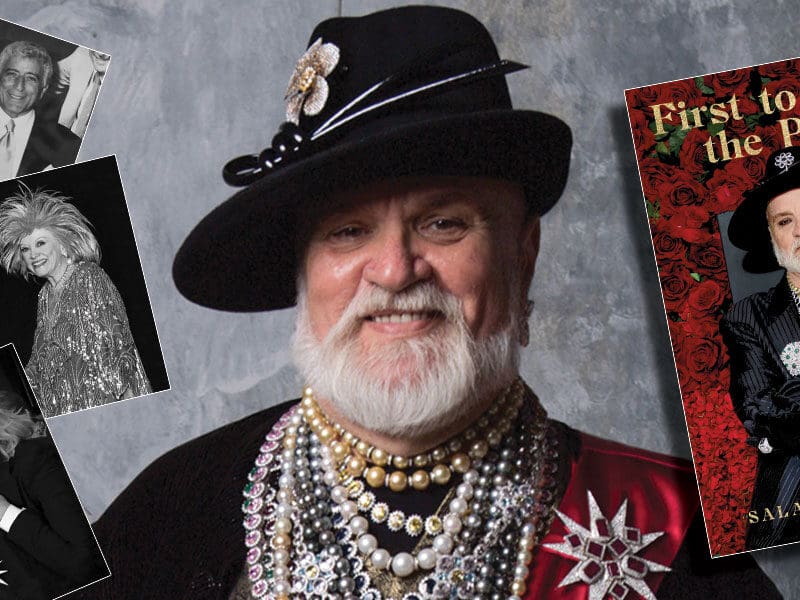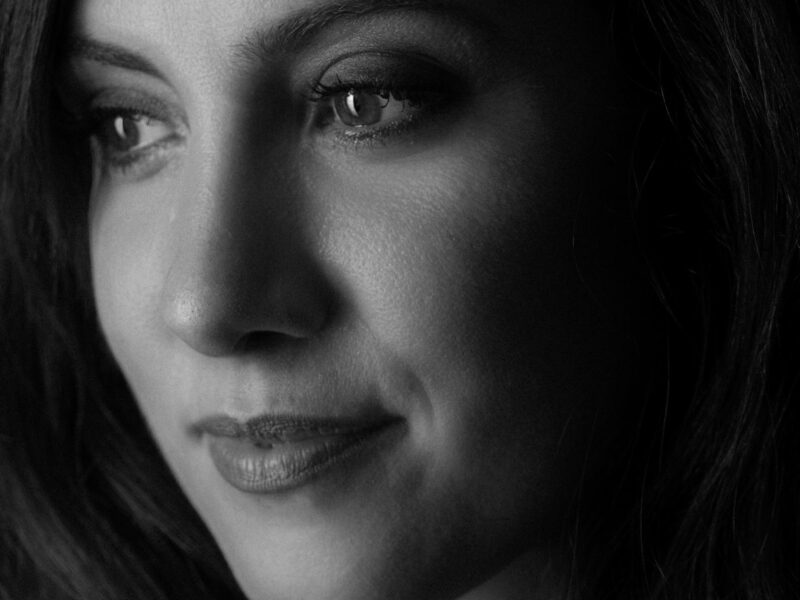
‘Paradise City’: An interview with filmmaker John Marco Lopez
John Marco Lopez is an indie filmmaker. He wrote and directed his latest project called Paradise City. The film is a black and white and aims to depict the 2010s. Lopez has over fifteen years of experience working in the film industry – beginning with music videos and eventually directing hip hop videos for popular artists.
Eventually he transitioned to an advertising agency where he had the opportunities to work with national brands including Radio Shack, Febreeze, and more, along with large budgets, and big production crews.
Lopez went on to co-found LPZ Media, a production company, with his brother. Since then he has worked as an indie filmmaker. We had the opportunity to speak with John Marco Lopez about his Paradise City, his career, and a few other things.
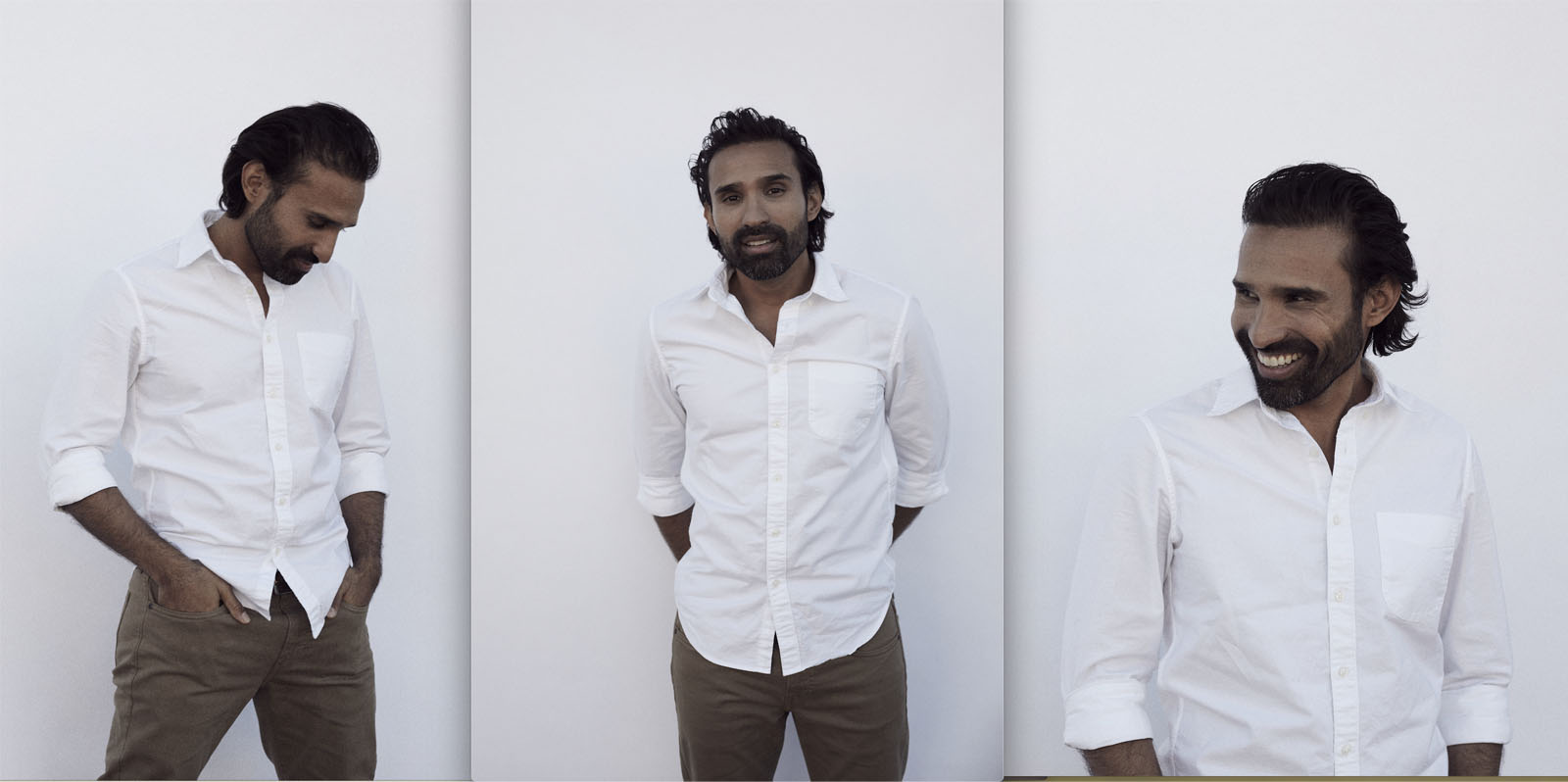
Tell us about your history as a filmmaker.
When I look back at why I became a filmmaker, I always look to my youth. Every weekend my Father would take us to the movies – sometimes to watch blockbuster movies or independent/foreign films from his favorite directors. At times, these pictures were very obscure and I would go with him reluctantly – but then I would find myself immersed in these rich narratives filled with amazing characters and thought-provoking material.
This would lead to questions in the car ride back home – with us having critical discussions about universal themes, historical context, and the craft of filmmaking. I consider this healthy diet of Hollywood movies and Art House films as a formative time in my life – both as person and filmmaker – which I draw upon every day in my creative work.
How did you get started in filmmaking? What drew you to it?
I started back in College working as a production assistant for Music Videos, mostly in the Hip Hop genre. Eventually, I learned enough about the basics of production – like the shooting and editing of a project – to try and pick up a camera and throw my hat in the ring. After a few years, I started experimenting with short form narratives – like web series and documentaries.
Those projects caught the attention of an Advertising Agency in New York called Grey – and I was invited to join their team of Producers. Learning from seasoned TV Producers was incredibly valuable and gave me the tools I needed to grow as a well-rounded filmmaker. Once I cut my teeth producing several TV Commercials, I was given the opportunity to become their in-house Director – which I was absolutely thrilled about and honored to accept.
By the time I left the agency I had directed spots for RadioShack, Febreze, and Canon – which enabled me to become a Freelance Director and work with various Advertising Agencies and shoot for their respective brands. Some of the notable clients that I have worked with have been Cadillac, Heineken, and McDonalds.
Can you tell us a little bit about your latest project Paradise City?
This is my third feature film and certainly the most challenging I’ve had to make, only because I wanted to push the envelope creatively – as far as I possibly could – even if that meant falling flat on my face. The film explores class, race, and power – while our main characters try to survive against an otherwise brutal existence. Each of our main characters go on their own personal and spiritual journeys – which take them down paths of rediscovering lost loved ones, protecting vulnerable communities, and even confronting their own faith.
What inspired Paradise City?
I wanted to take a snapshot of the era – the end of the twenty ten’s – while I still could.
There was civil unrest brewing, police brutality, and growing homelessness all over the country – all while the top 1-10% have gotten wealthier and more disconnected from working class people. With this in mind – I researched several real life cases that touched on these themes and would allow me to flesh out characters from different walks of life. The challenge was how to interweave them together in a wide sweeping narrative that could shed light on all of these differing socio-economic experiences in a cinematic, entertaining way.

You made the unique decision to make Paradise City black and white, what led to this stylistic choice?
I wanted the film to have a timeless quality to it – since the themes I was exploring were in themselves timeless and universal – the poor vs. the wealthy, systems of authority vs. vulnerable communities, love and hate. . . For me, these themes transcend time and give us greater insights into who we are as human beings and society as a whole.
Even the famous Charles Dickens novel A Tale of Two Cities was written almost 200 years ago – and we are still experiencing the same issues, so there is certainly a connective tissue between what we are dealing with in 2020 – and the shared lives of those who have come before us.
Also, I wanted to pay homage to some of my favorite black & white films – Raging Bull, La Haim, and Pi – all of which still hold up beautifully today – despite being 20-40 years old.
Every film has its challenges, what was one of the difficulties you faced making Paradise City?
Trying to fit the sheer scope and ambition of the project into our grassroots budget was certainly the most challenging aspect. Since we’re an indie production team, we didn’t have all the time, money, and resources that Hollywood movies get to play with – so we had to find tons of creative solutions and MacGyver-type problem solving in order to pull off the various set pieces with dozens of extras, complicated locations, and difficult intense action sequences.
It all comes down to great teamwork, clever strategy, and always a little movie magic.
Is there anything you want people to know before watching Paradise City or to think about while watching it?
Even though many of the backdrops and characters in the film are fictional – they were influenced by real events that I discovered in the news. With that context in mind, we used those true stories as a springboard to heighten each micro-narrative and connect characters together – in an interesting, entertaining, and dramatic fashion. Ultimately, the idea was to create a deeper and richer viewing experience for viewers.
You’re also a co-founder of LPZ media, can you tell us a little bit about your production company?
We recently celebrated our 10 year anniversary, it’s been a long, challenging journey every step of the way but it has also been incredibly rewarding. We shoot commercials for advertising agencies and direct-to-client projects when brands want to build out their own creative campaigns. Documentaries are the bread and butter form of content for us – our clients love them – and it also happens to be our favorite type of project. Especially when working with influencers, special events, or brand manifestos.

Can you walk us through your creative process?
I try to be a sponge when I’m working on a new project. It requires a ton of research – trying to get my hands and eyes on everything I possibly can – anything related to the subject matter that I’m exploring.
Then I try to see things in person, speak with people or experts who have actually lived and experienced these things before. Once I’ve gathered a solid understanding of the subject matter, I dive into a plethora of films that have tackled similar material – and I try to learn from what they did successfully, what I enjoyed, or thought was interesting – and I examine how I can possibly apply those lessons into my own material.
The last step in the process (or the beginning for some people) involves sitting down in front of the blank page and looking up at the daunting mountain that awaits you. It’s pretty scary but I like the challenge.
What’s your favorite music to listen to while you’re writing?
Sounds cliché, but mostly classical music. It puts me in a meditative state – focused and calm – allowing me to really get lost in the creative process. As you know, they’re narratives in themselves – so you find yourself immersed in these incredible stories and dramatic arcs that can elicit emotional, or exciting feelings and thoughts.
What part of filmmaking do you geek out about the most?
I see editing as the most powerful tool in the filmmaking process. It’s really what separates the film medium from any other form of storytelling – like theater or the opera. The basic idea of combining two images together – no matter how different or similar – and triggering a thought or feeling from the viewer – almost like a chemical reaction – is incredibly fascinating to me. The directors that I admire have been able to harness this energy and turn it into beautiful works of art. That is an expression of fine craftsmanship that I hope to obtain one day in my career.
You’re very hands-on with your projects. How hard is it wearing all the hats?
At the independent level, you are ultimately responsible for starting and finishing a film. You are the quarterback and the fall guy. It’s a double-edged sword but also the type of challenge that gets me up in the morning.
I’m grateful to have a team of experienced and talented craftsmen in each department that take ownership of their roles and have the freedom to express themselves creatively for the best of the project. So I enjoy being in the trenches with my crew – each and every day – and coming out the other side with something we can all be proud of.
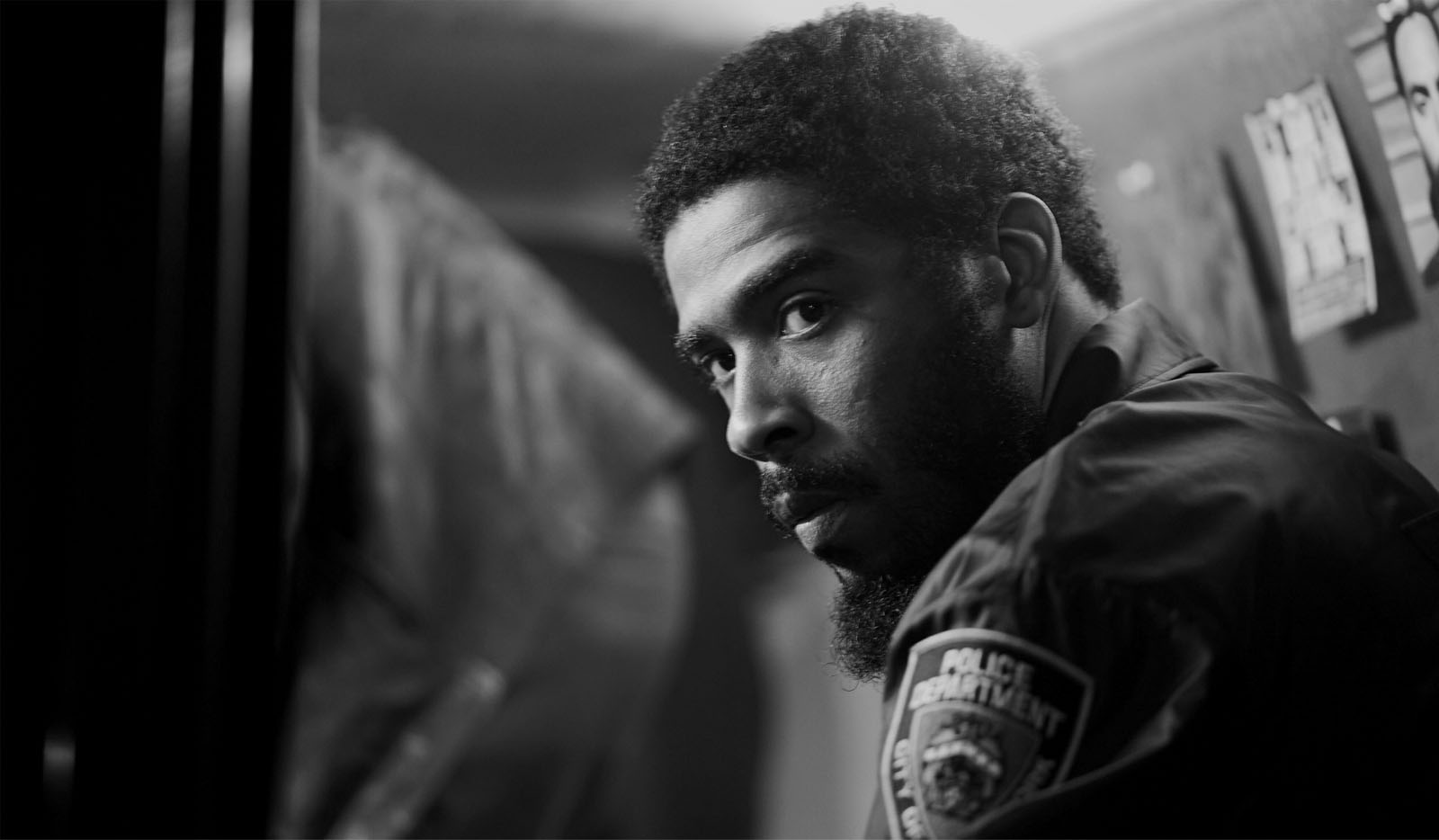
Do you have any tips for people looking to start a filmmaking career?
Without a doubt, just pick a camera – grab some actor friends or a real person – and start shooting. You’ll have a short doc or short narrative on your hands before you know it.
You just have to go into it with the understanding that it won’t be a masterpiece – most likely it will be cringeworthy – because you’ll make a thousand mistakes along the way – but you’ll also learn a million things – and these incremental learning experiences will make you better and help you grow into the filmmaker you eventually want to be.
What’s your filmmaking mission? Name the most important thing you want viewers to experience when watching your movies.
I like what a filmmaker I admire once said. . . Our goal should be to achieve the three E’s.
Entertain, Educate, and Elevate. If we manage to just entertain – then that’s great – job well done – we can all go home and feel good.
However, if we can educate the viewer on a subject matter that they never knew about and spark a conversation or further exploration – even better.
Now if your film can transcend into a higher emotional state, touching the heart and the mind of the viewer, possibly enlightening and enriching their lives – than you have really accomplished something special.
That would be a worthwhile mission – incredibly difficult – but I hope to get to this level one day.
What’s your favorite film of all time, and what did you learn from it?
Very difficult to answer, changes from day to day, depending on my mood and environment at the moment. Generally, I shuffle between a few old faithfuls.
8 ½, The Godfather, 2001 Space Odyssey, The Shining, Pulp Fiction, Goodfellas.
I see them all as once-in-a-lifetime, singular masterstrokes of genius, each with a unique vision and technical execution that only these filmmakers could make.
Who or what are your current filmmaking influences?
Right now, I like the work James Gray is doing with his classical style, cinematic, and emotional precision. Denis Villanueve is also doing some amazing work – visually stunning and dramatically impactful. Derek Cianfrance is another filmmaker who I respect very much – there’s something brutal yet beautiful about his style.
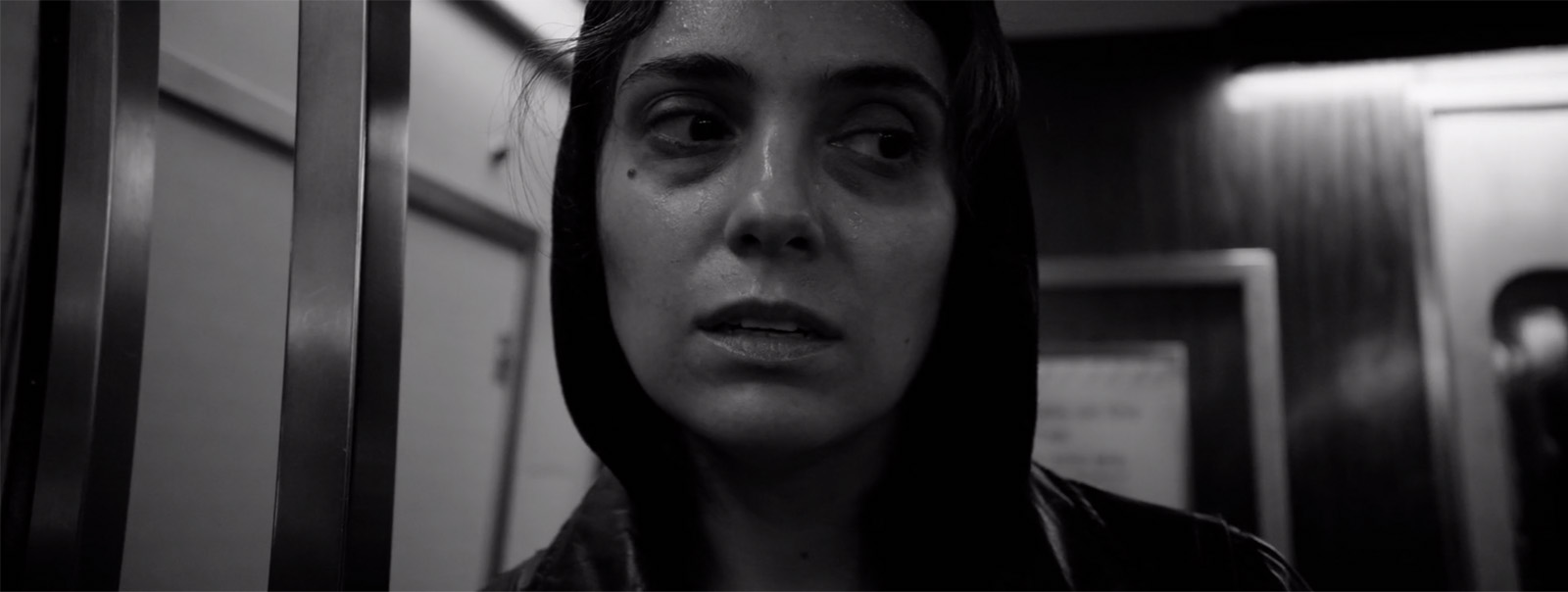
Is there anything you do when you’re looking for inspiration?
Traveling, hiking, just being around Nature. Also, exploring different cultures, ways of life, and people from varying walks. . . coupled with reading and music – usually get my juices flowing.
What’s your five-year plan?
Just getting past 2020 has been hard enough, but hopefully down the road I can keep working on my craft and have the opportunities to continue exploring this passion I have for making movies.





